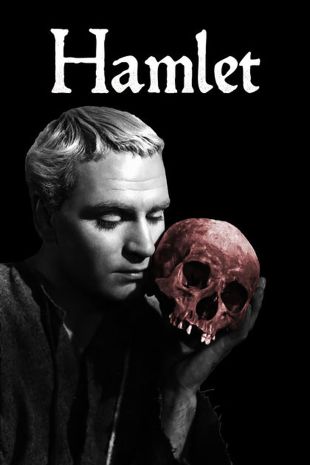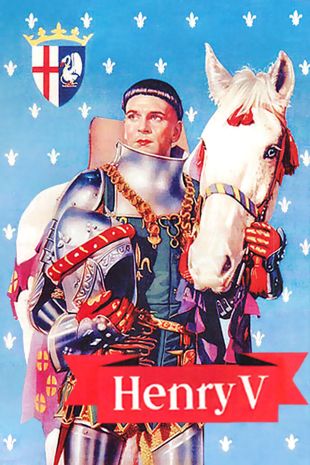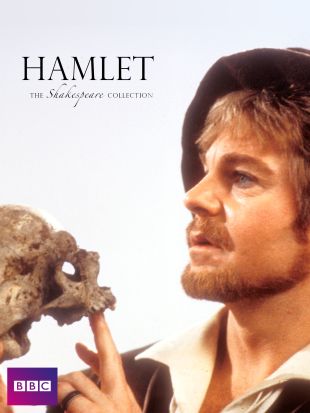William Walton (later Sir William Walton) was already an established composer for the concert hall when he began writing film music in the mid-1930s. His first two such assignments, for Escape Me Never (1935) and As You Like It (1936), came courtesy of producer/director Paul Czinner. It was Walton's work on the second film that brought him into the orbit of its male lead, the young Laurence Olivier, with whom the composer would enjoy a longtime friendship. At the time of its release, however, As You Like It was not a particular success (mostly owing to the highly mannered performance of its star, Elisabeth Bergner), but one element of the picture that did hold up was the music -- a lyrical and inventive, yet fully period-sounding, pastoral score.
Walton's next screen project didn't come along for four years, and it was one of the most plum assignments to be had in British pictures: Major Barbara (1941). Adapted from the George Bernard Shaw play by producer Gabriel Pascal -- with a lot of help from David Lean -- Major Barbara was Pascal's eagerly anticipated follow-up effort to his hit film adaptation of Shaw's Pygmalion. Walton's music was expansive and expressive, bringing a richness to the presentation that enhanced the film's wit and charm. By the time the film opened, however, World War II was well underway. Walton turned his talents to the support of the war effort through his film work. In 1942 alone, four feature films scored by Walton were released: Next of Kin, The First of the Few, The Foreman Went to France, and Went the Day Well?. All were acclaimed films and highly successful, and Walton's dignified yet bracing music was considered an enhancement to each. His music for The First of the Few was later extracted turned into a suite, the Spitfire Prelude and Fugue, which enjoyed a long life in the concert hall. Walton's screen career took a huge leap to international prominence when Olivier, serving as producer and director, selected Walton to compose the music for his production of Henry V (1944). A Technicolor film of near-epic length, the movie received a massive international release and was the first screen adaptation of Shakespeare's work to turn a profit. The music received a commercial release on 78-rpm discs, with Olivier speaking lines from Shakespeare's play, backed by key parts of Walton's score.
For the next decade, Walton's career in film music was defined along an arc described by Olivier and his Shakespeare adaptations Hamlet (1948) and Richard III (1955). The composer's work for the concert hall and the opera house continued apace, and soundtracks were a small but prominent part of his output. There were commercial re-recordings of key elements of all three Shakespeare film scores, and Walton's own stereo rerecordings of the music from Henry V, Hamlet, and Richard III were represented on an EMI album that was one of the label's perennial top-sellers in America for more than a decade. In 1969, the composer was engaged to write the music for Guy Hamilton's historical drama The Battle of Britain, which featured an all-star cast led by Olivier. Walton returned to some of the same thematic material he had used in The First of the Few 17 years earlier, but he also incorporated some of the more modernistic elements of his contemporary style. The makers decided late in the production that they wanted a simpler, more obviously commercial score and wanted to eliminate Walton's music in favor of the work of another composer. Olivier stepped in and threatened to have his name removed from the picture unless Walton's music was used. They were able to compromise by using his scoring for the climactic battle in the air in the finished film. Three decades later, the composer's complete score was unearthed, and the movie was released on DVD with his music restored. Walton's name continued to show up in screen credits -- most notably through the TV series The Shakespeare Plays -- into the 1980s.


